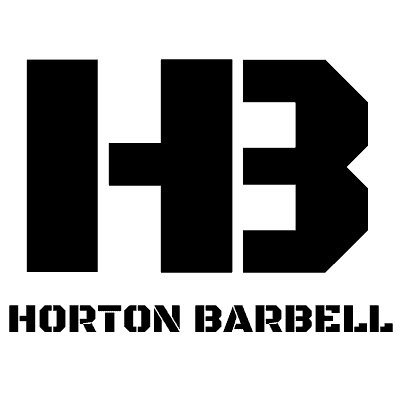Dumbbell Renegade Row (How To, Muscles Worked, Benefits)
The DB Renegade Row is a back exercise that will also light your core and your shoulders on fire.
In this guide, I’m going to teach you how to do a DB Renegade Row, explain what muscles it works and give you a few alternatives in case you need them.
Dumbbell Renegade Row Technique
Equipment Needed
- Dumbbells
Instructions
- Grab one dumbbell in each hand and assume a pushup position with feet about shoulder width apart.
- Make sure the core is braced and row one dumbbell up.
- Lower the dumbbell under control and return to the starting pushup position.
- Alternate rowing each arm until all reps are completed.
Coaching Points
Try to limit rotating the torso as much as possible. It’s natural to want to open the torso toward the side of the arm you’re rowing with – try to fight against this and stay as square as possible.
The wider your feet, the easier it is to stay balanced while you perform the movement. Try to keep feet about shoulder-width apart.
How Many Reps?
Renegade Rows are supplemental strength exercise that is normally programmed toward the end of a workout. Recommended rep range is 2 to 3 sets of 6 to 10 reps (each side).
Benefits of Renegade Rows
Renegade Rows target several muscle groups simultaneously, including the back, shoulders, biceps, and core. This exercise is particularly effective at engaging the stabilizer muscles of the core, which helps improve overall core strength and stability.
They also can help increase overall strength and muscular endurance in the back, shoulders, and arms.
Renegade Rows require maintaining balance and stability while performing the exercise, which can improve coordination and balance.
Since Renegade Rows are a full-body exercise, they can also elevate heart rate and provide a cardiovascular benefit.
Muscles Worked
The DB Renegade Row works almost every muscle of the upper body (especially when paired with a pushup). The muscles of the back are the primary movers, but the core and shoulders are also taxed by maintaining body position during the movement.
DB Renegade Row Variations
Renegade Row + Pushup
The most popular (and most hated by many athletes) variation is to pair the Renegade Row with a Pushup.
To perform this variation, do one row with each arm followed by one pushup. Continue this pattern until all reps are completed. A set of 8 to 10 reps is absolutely brutal on the chest and shoulders. Highly recommended.
DB Renegade Row Alternatives
If you can’t (or don’t want to) do DB Renegade Rows for whatever reason – equipment, injury – here are a few alternatives you might be able to try. Want even more options?
Here are 10 of the best alternatives for Renegade Rows.
Chest Supported Dumbbell Row

Chest Supported Dumbbell Rows are very similar to Renegade Rows, but instead of holding a pushup position while you row, use a bench set at a 30-degree angle.
Grab dumbbells and lay on the bench with your head just above the top edge of the bench. You can row both dumbbells at the same time or alternate arms just like with Renegade Rows.
Bent Over Row

Don’t have dumbbells? Substitute Barbell Bent Over Rows instead.
Stand tall with a barbell, brace the core, slight bend in the knee and then hinge at the hip until the bar lowers down to mid-shin.
Make sure to maintain a flat back and row the barbell to the top of the stomach.

Online Strength Programs
- 1-on-1 Online Coaching
- Sports Performance Programs for Football, Basketball, Soccer & More
- Programs for Former Athletes (Legends) Who Still Want to Train Like Athletes
- Programs for Adults Who Want to Get Healthy (and look great at the beach!)
- Use Code “HB10” to Get 10% Off Today
More Links and Info
If you’d like to see more upper body lifts, head over to the Upper Body Strength section of our Exercise Library. There you’ll find dozens of exercises for the chest, back and shoulders – all with complete step-by-step instructions.

